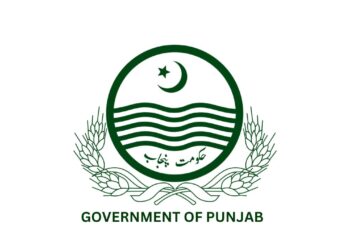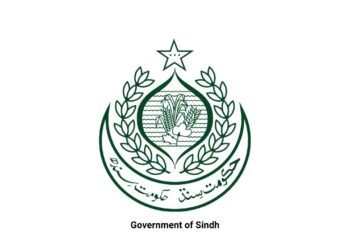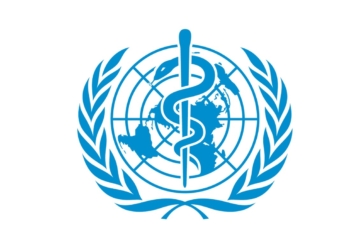If you are planning to slacken a few calories and touch prominent weight loss in Ramadan, following are some amazing yet most essential food hacks to adopt during the sehri and iftari meals.
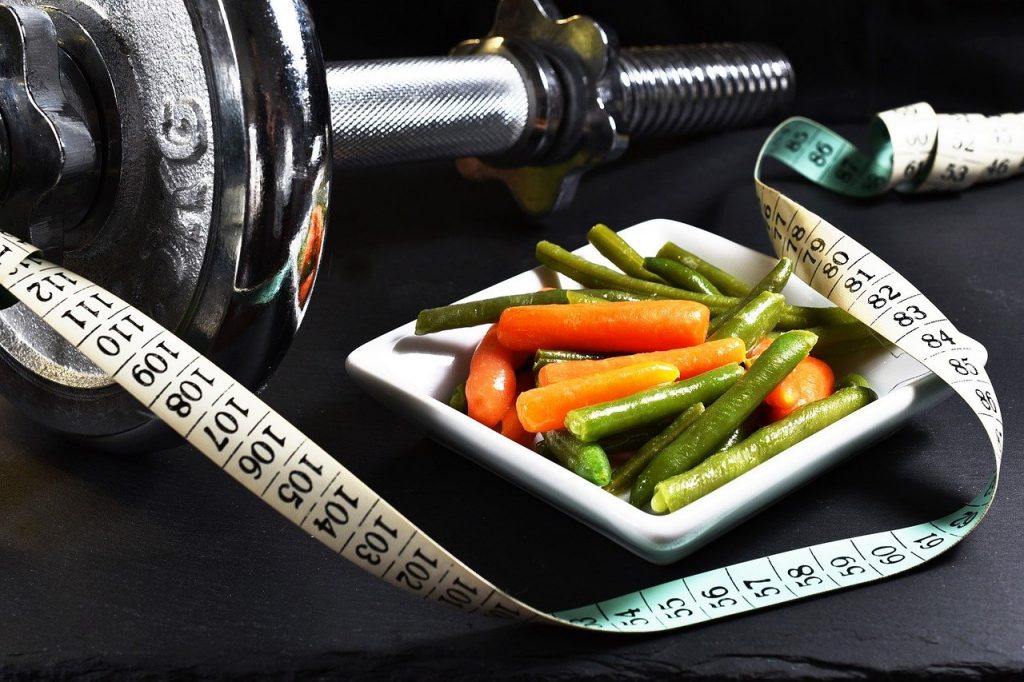
Majority of people considers Ramadan as the righteous month to get rid of additional fat, and achieve weight loss. However, with the more than 14 hours fasting and loaded, delectable meals twice a day, the outcomes are otherwise.
Moreover, this holy month of fasting itself brings variety of foods to the table tops alongside an escalated passion for cooking and trying new recipes for iftar. Hence, achieving weight loss in Ramadan gets tougher than ever.
Nevertheless, if you wish to have a slim and flaunting shape on Eid, make these health tricks a priority and achieve quick weight fall.
Weight loss in Ramadan
1. Keep your body hydrated
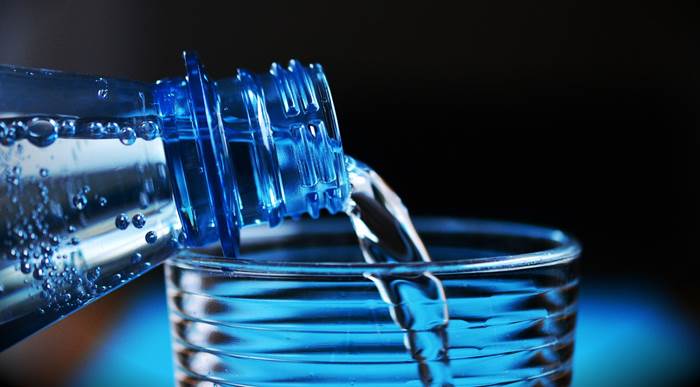
Consuming large amount of water every day is the most beneficial step towards achieving weight loss in Ramadan. However, the water intake should be balanced throughout the 24 hours period and not only at suhur.
Increased water intake, besides keeping you hydrated during the course of the fasting hours, also helps in balancing the sugar cravings, hence, cutting on direct glucose and promoting weight loss. Other than that, breaking your fast with a glass of water is also a useful hack towards and adds to weight loss in Ramadan, as it gives you the feeling of fullness and therefore resulting in less food intake during iftar times.
2. Avoid fried items
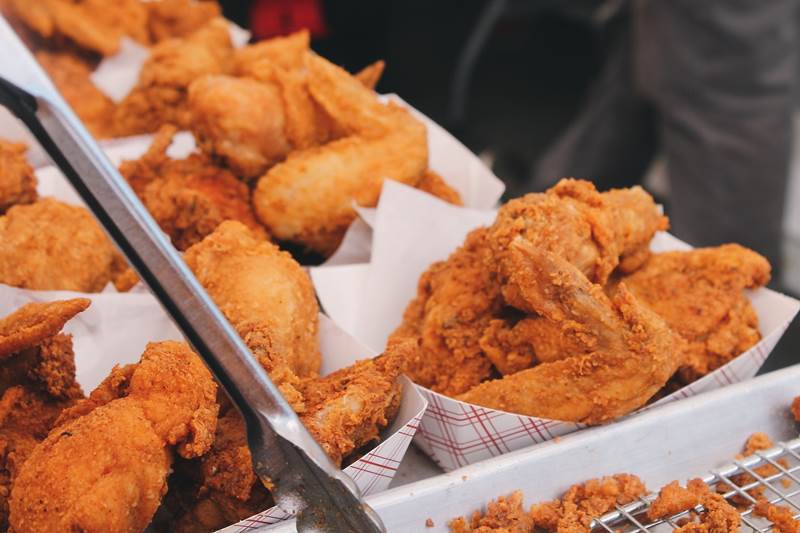
The most dominant reason of weight and fat gain during the month of Ramadan is the mounted dishes of fried items on the food table. Especially in a desi household, no iftar menu is complete without oil dripping, fried rolls, nuggets, samosas, wontons and much more.
However, if you are on a strong-minded mission of attaining weight loss in Ramadan, eliminating these mouth-watering fried items from your plate is a must call.
Fried items are high in calories and low in nutrition. Hence, consuming these routinely surpass the daily calorie in-take recommended for an average individual’s diet, and are often counted as over-eating.
3. Skip processed sugars at iftar
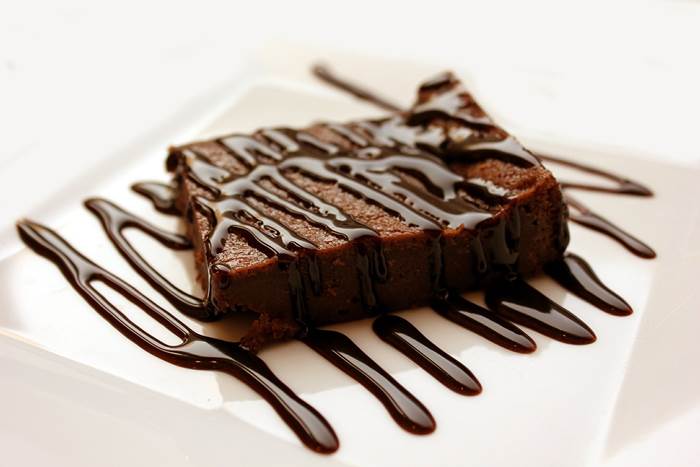
Another major ingredient that serves as an obstacle in weight loss practices in Ramadan is the processed sugar, without which Pakistanis iftar meals are half-finished.
Sugar intake in Ramadan increases two-folds with daily sweetened beverages, desserts and other food items. And, consequently adds to the calorie intake that jumbles up the weight loss motive.
The purpose of sidestepping sugar intake in Ramadan is that sugars or sweetened meals provide direct glucose to the body, halting the fat burning process, and therefore adds on weight rather than lowering it.
However, if you have sweet-tooth, processed sugars can be replaced with food items naturally rich in sugars like fruits and honey.
4. Limit salt intake
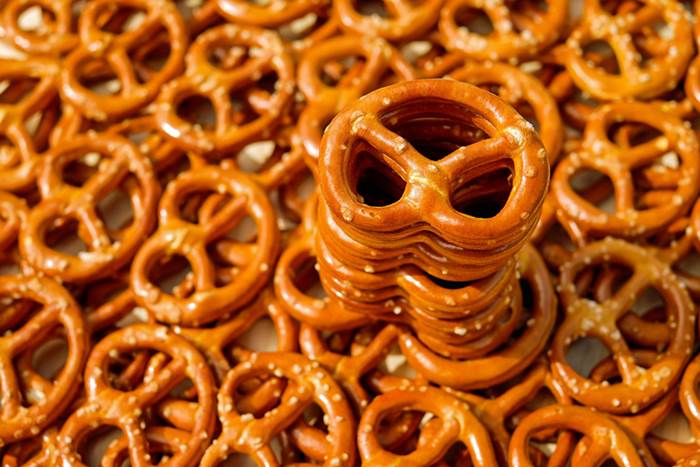
High sodium lean towards dehydration, as it promotes water elimination from the body. Consequently, it triggers thirst, as well as impact the body’s capacity to digest and absorb the fluids.
As water is known to burn the additional fat, decreasing salt intake is necessary if you aim to accomplish weight loss in Ramadan. In addition to this, not only food products, salted snacks and nuts are to be eluded too.
Read More: Healthy Sehri meals to keep you energized whole day
5. Cut on carbohydrates
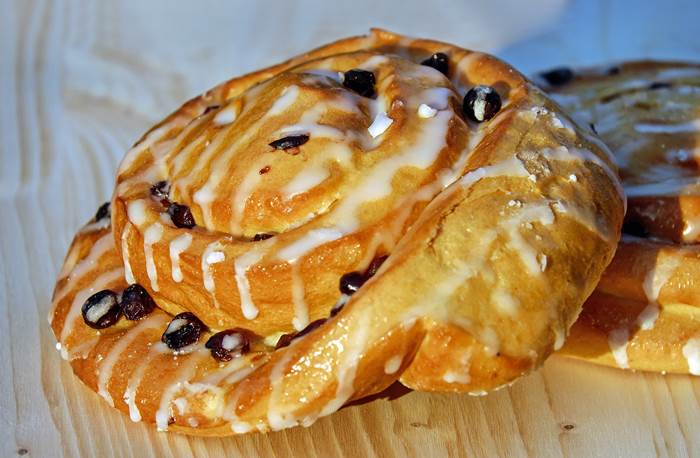
Swapping refined carbohydrates with whole meal products is also very important for weight loss in Ramadan. Whole meal carbohydrates have low glycemic index, which means they will be absorbed slowly into your body and maintain your blood sugar level while you are fasting.
Refined carbohydrates include white flour, rice, and white bread and sugar whereas whole meal carbohydrates include brown flour, brown bread, brown pasta and food that are high in fiber.
Here to mention, cutting on carbohydrates does not mean putting a full stop to their consumption. Carbohydrates are the body’s main energy source, which are broken down to glucose. And, glucose is the only form of sugars, the human brain can utilize. So, a small portion of carbohydrates as in fruits, vegetables pulses etc. can be consumed.
6. Add proteins to your plate
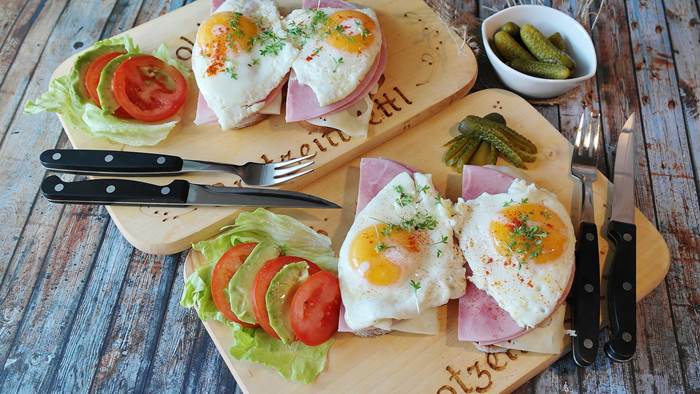
Protein serves as the fuel for your muscles and aids in burning fat from the body. Therefore, adding a portion of protein rich foods to your plate, especially during sehri is favorable of weight loss in Ramadan. Protein-rich sehri meals help to reduce the risk of accumulation of fat in the body other than reducing appetite by decreasing the level of hunger hormone named Ghrelin.
Healthy proteins include eggs, especially egg yolk, boiled chicken, white chicken, and a steak occasionally. Avoiding red meat is preferred.
7. Exercise
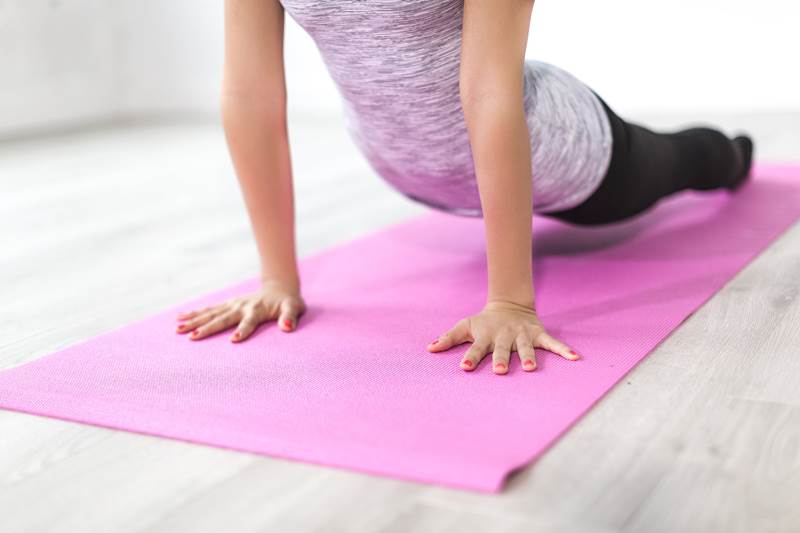
Many people use Ramadan as an excuse for skipping routine gym and exercises. However, if your aim is to cut on fat and embrace weight loss in Ramadan, exercising is the key.
Moreover, best time to exercise and burn the calories is after Iftar, when you are loaded with savories and munchies.
8. Portion controls
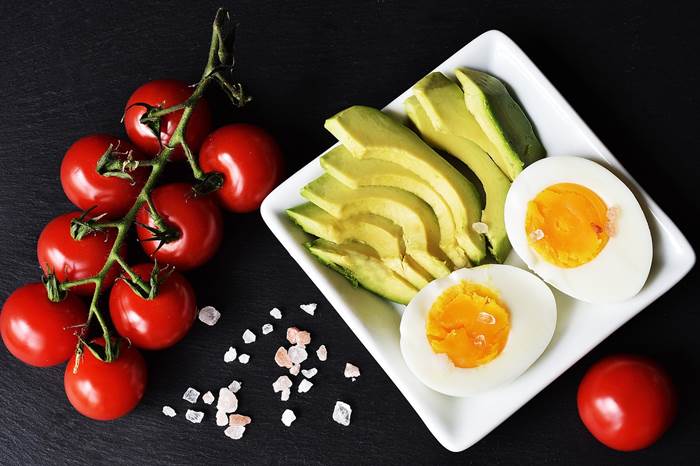
Another significant step towards weight loss in Ramadan is the quantity of food items consumed during sehri and iftar courses. Although you are balancing the meals with healthy food products, consuming more water and fluids and less main supper also helps in instant weight reduction.
9. Avoid tea intake
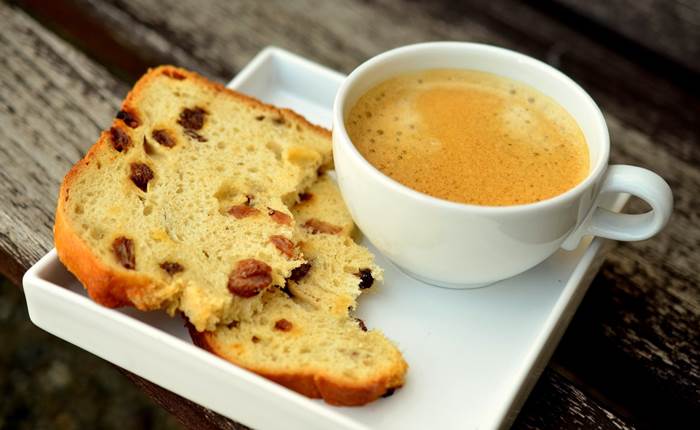
Tea, coffee and other caffeinated drinks are natural diuretics that push the water out of your body, as a result welcoming dehydration. Switch these beverages with herbal teas, to promote weight loss in Ramadan.
Read More: Unhealthy food products to avoid in Sehri and Iftar meals

